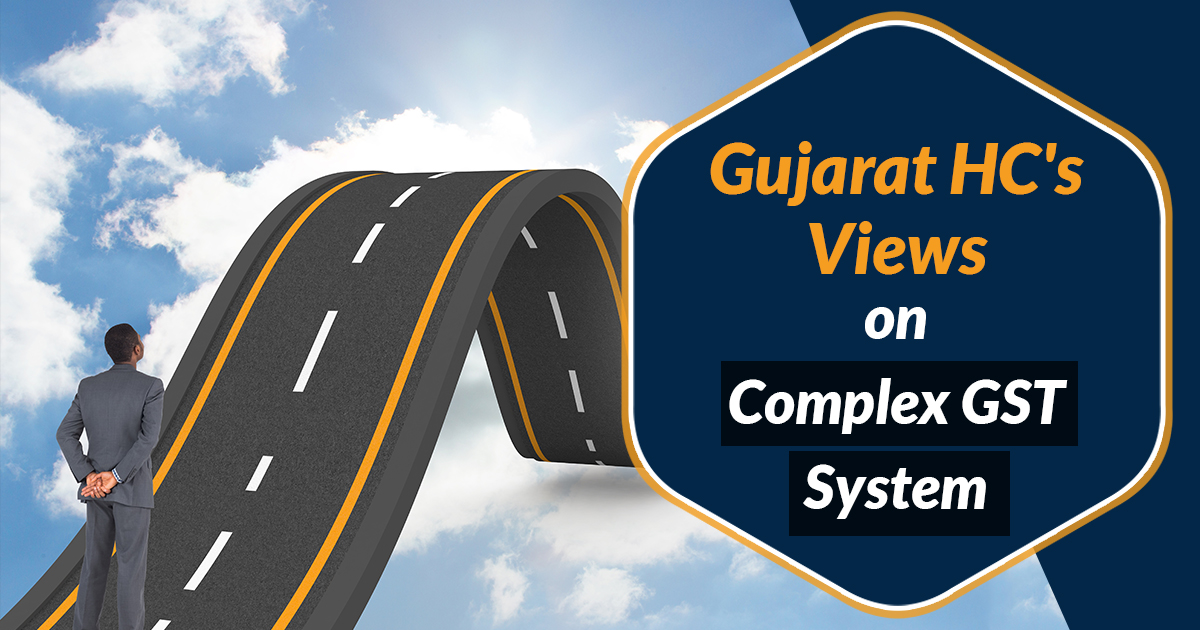
Members of the Punjab Pradesh Beopar Mandal (PPBM) support the statement of the Gujarat High court where the same is mentioned that it was easy to reach the moon but difficult to understand GST.
Sameer Jain, general secretary, PPBM said that nearly 1000 amendments were started in the GST since its formation dated July 2017 it added that despite it being a complex rulebook for the traders, tax, and the lawful experts alike.
Rather than making an easier tax system, GST secures to be a tough instead of the easier and practical tax system. The tough form of tax system secures to be a hurdle for the Micro Small and Medium Enterprises (MSMEs), which breaches out the policy of the Modi government for simplicity of operating the business.
MSMEs were provided with the privilege of the excise duty with a turnover of 1 crore prior to incorporation of GST but post-GST execution the same exemption was gets removed. The load of the returns on the traders in the GST tax system is more and the cost of adhering to the compliance is also higher, which is affected by the covid lockdowns.
But it indeed tells about the inflation rate and the nominal growth rates. On the value of goods and services taxes are being imposed which makes the price essential. Higher inflation years rendered more revenue mobilization. Since 2013 the inflation rate in India has been changed from double-digit rates to 4-5%.
The same revisions in the inflation and hence the nominal growth rates is indeed directed towards the tax revenues will rise in a sluggish way as compared to the past. The lower inflation high real growth and modest tax growth are good for macroeconomic stability. The states hence will urge to manage the same. Comparing the change in the economy then the GST revenue growth is better as compared to the former times.








